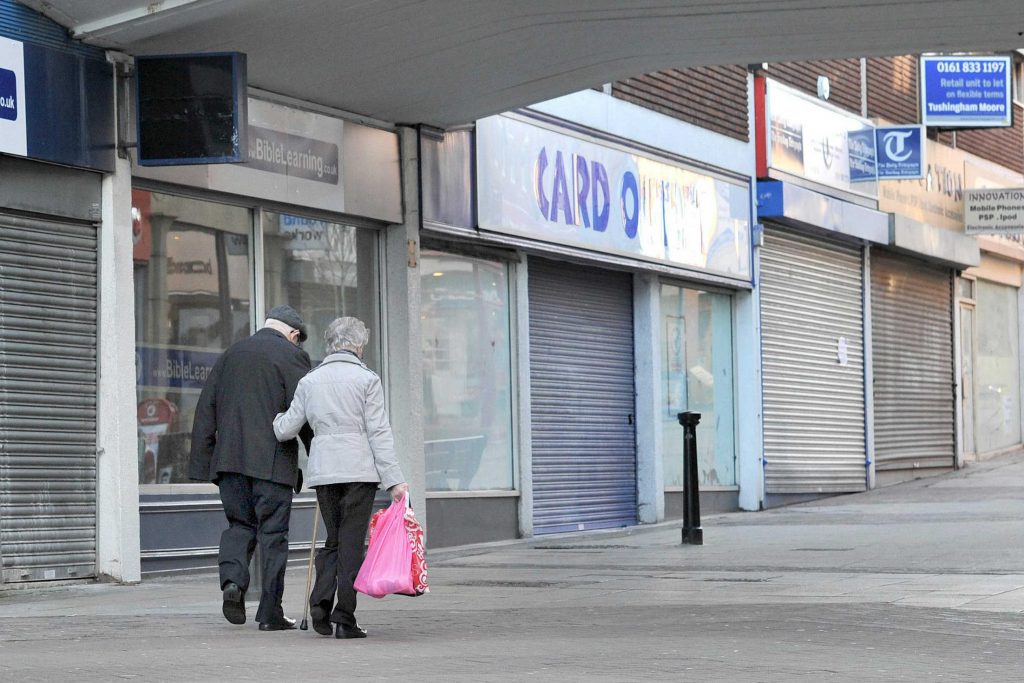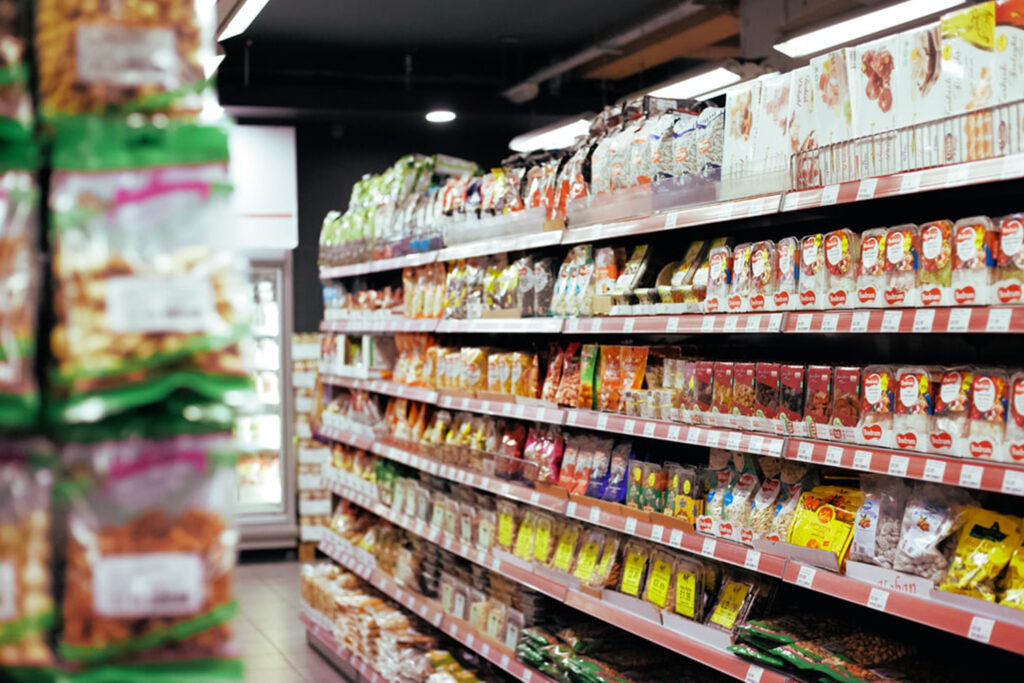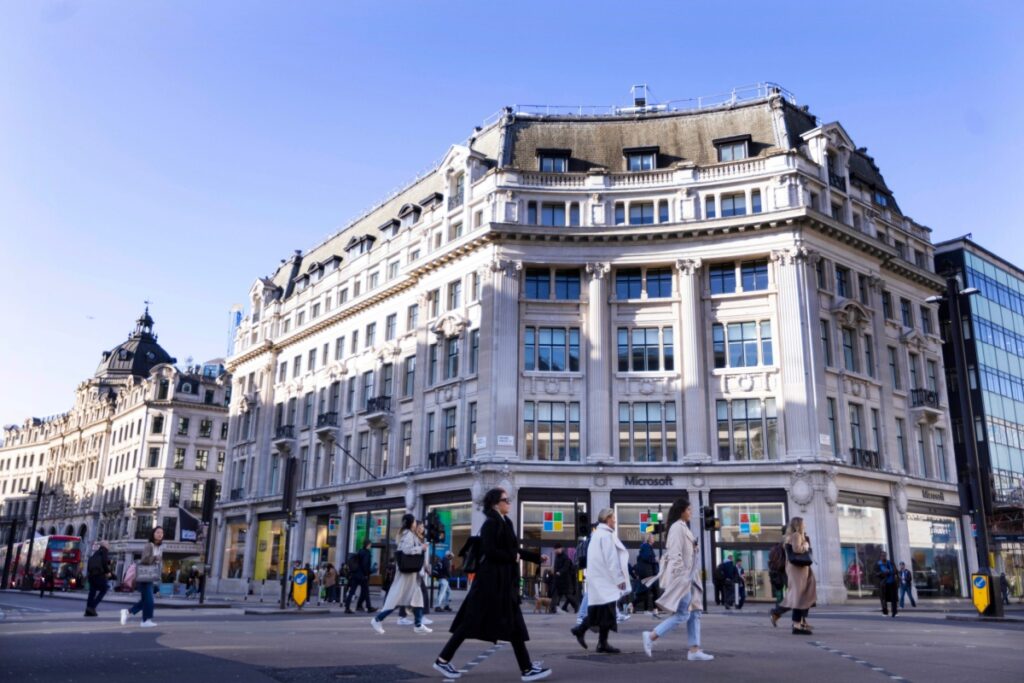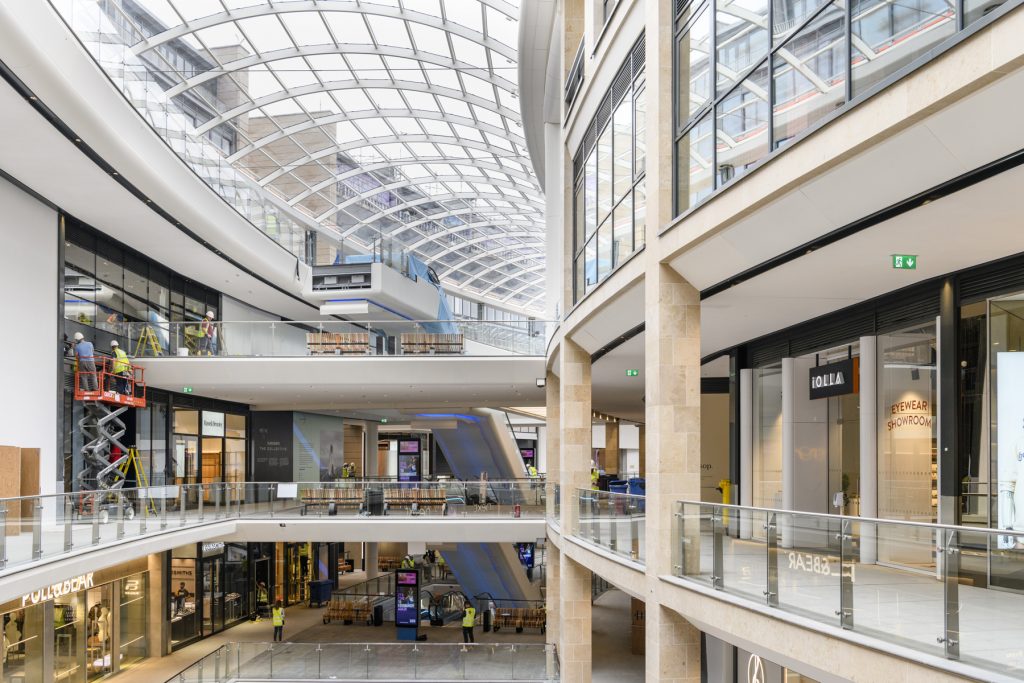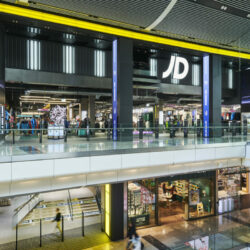// Retail topped the rankings in terms of businesses under the most stress/distress, according to KPMG
// Overall, 1/5 of UK businesses are financially stressed, with more than 1000 companies in situations of acute distress
// This pertains to businesses with revenues under £10m
Retailers form the lion’s share of the total number of businesses that have been under the most stress or distress in recent years, new research as shown.
KPMG’s restructuring practice found that overall, one in five UK businesses are financially stressed, with more than 1000 companies in situations of acute distress.
The analysis focused on the account filings of all UK businesses with revenues in excess of £10 million over a five year period to the end of 2018.
This period saw the number of businesses grow from 22,000 in 2014 to 27,000 in 2018.
READ MORE:
- 2019 was UK retail’s worst year ever
- Retail Think Tank hails 1% retail industry growth for 2020
- High street crisis to continue into 2020
For each filing, KPMG analysed a range of metrics including trading performance and profitability, cashflow and liquidity, and debt leverage – which were then combined to produce a score to identify financial stress and distress.
Across the five years, the proportion of businesses in financial stress rose from 19 per cent to 21 per cent, while those identified as distressed remained fairly steady at four per cent.
However, the overall growth in the number of companies with revenues exceeding £10 million over the course of those five years means that in absolute terms, financially stressed UK businesses have increased from circa 4300 in 2014 to 5700 in 2018 – a compound annual growth rate of 7.7 per cent.
Businesses in more acute financial distress have grown from just under 800 in 2014 to nearly 1100 in 2018 – a compound annual growth of 8.9 per cent.
“Whilst the number of companies bringing in revenues of over £10 million has grown strongly over the last five years – highlighting the underlying strength of the British economy – there’s no doubt that such growth can bring with it significant challenges,” KPMG head of restructuring Blair Nimmo said.
He added: “When we talk about ‘stress’, we typically mean companies which may have experienced instances of negative cashflow or working capital, defaulting on debt repayments or with a high debt-to-equity ratio.
“Taken individually, all can be relatively manageable. However, an accumulation of such factors can indicate a company is veering towards distress – and possibly insolvency.”
KPMG’s analysis reveals that, in simple volume terms, the sector which bears the largest numbers of companies in financial stress and distress is retail.
This is followed by leisure and hospitality, building and construction, industrial manufacturing, and consumer production.
“The fact that consumer-facing businesses, such as retailers, leisure businesses and those in the FMCG sector dominate our analysis of companies in stress and distress will come as no surprise,” Nimmo said.
“Consumer attitudes towards spending remain in a huge state of flux. We continue to have more choice over what to spend our money on, and where to spend it, yet remain cautious in doing so – no doubt due to sluggish wage growth and wider economic uncertainty.
“Mix fragile consumer confidence with the burden of high rents, business rates and increased labour costs, and it’s clear that many of those who operate on the high street will continue to tread the fine line between stress and distress over the year ahead.”
Click here to sign up to Retail Gazette‘s free daily email newsletter

